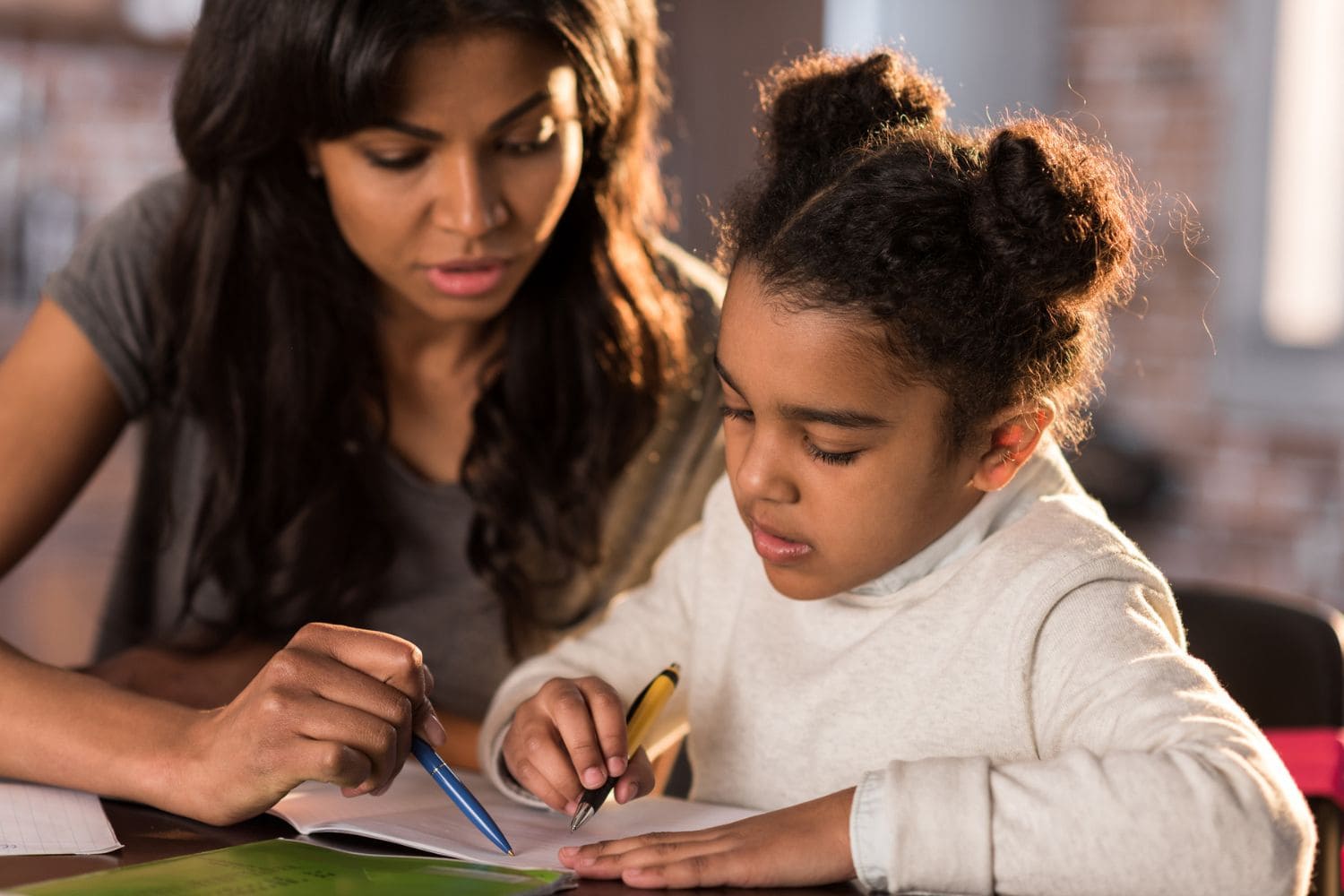AD | Collaborative post Selecting the right reading tutor in New Jersey is a pivotal step for parents aiming to enhance their child’s literacy skills. With the education landscape offering a wide array of tutoring options, the challenge lies in identifying a tutor who aligns with the child’s academic needs and meshes well with their learning style. This task goes beyond checking credentials or testimonials; it involves a comprehensive approach to ensure that the instruction will yield substantial advancements in reading proficiency. Parents should consider tutors applying structured, systematic methods tailored to the child. For
Category: Education
Parenting Through GCSEs: Tips For Encouraging Exam Confidence
Collaborative post GCSE exams are a pivotal juncture in a student’s academic journey. They demand resilience and support from both educators and parents. As your child navigates through this critical phase, your role as a parent becomes instrumental in fostering exam confidence. This article provides practical tips on creating a conducive environment, managing expectations, and leveraging valuable resources, focusing on using past papers as a powerful study tool.
Preparing Your Child for a Successful School Residential Trip
Collaborative post Embarking on a school residential trip is not just an excursion; it’s a rite of passage, an adventure that opens up a world of experiences for your child. As a parent, you might find yourself oscillating between excitement and a touch of worry. Fear not! Here’s your guide to ensuring your child is not just ready but ecstatic about their upcoming journey.
How to be more involved with your child’s education
Sending your child to school can be overwhelming for any parent, but you also want to ensure that you do what is best for them. School isn’t easy for every child and some children will find academics much harder than their peers. While you want to help them and get involved as much as you can, you might also be aware of going too far.
9 ways to have a great relationship with your child’s teacher
Your child spends a lot of time at school, so it is important to build up a good relationship with your child’s teacher. It might be that you want to be able to discuss the needs of your child openly, help and support them where you can, and also feel comforted that your child is happy in their school environment. Having a good relationship with the teacher can help with all of that, but how do you build it up? There are a few things that you can do to encourage a good parent/teacher relationship.
6 ways you can help your child read when they are in reception class
When your child starts school it is a really exciting time for them. They learn so much in such a short space of time and you will notice so many advancements in their development. From having a responsibility for what they do, being self-sufficient at lunch, and playing independently. But the big thing that happens in reception class is that your child really comes along with their reading. Reading is such an important part of the early year’s foundation stage, and it is important to support your child as much as possible. So what can
9 things you can do to help encourage your child to read more
Reading is one of those things that I think your child will either love to do or avoid doing it at all costs. There doesn’t seem to be a happy medium, especially in primary school. Reading, however, is one of the best things that your child can do to progress. But what can you do to help encourage your child to read more? Sometimes you need to think outside of the box for different approaches to reading and I thought I would share with you some of the things that you could try.
How to get a complaint heard at school
We can all get to a stage with our child’s school when we are not happy with something. After all, with our children spending so much time in a school environment, there will likely be bumps in the road. Of course, some complaints and issues can be handled straight away, others may need more persistence if you don’t get the resolution you are after.








